Cystitis: Understanding, Managing, and Natural Remedies
Cystitis is a common condition that affects the urinary bladder, causing symptoms such as a frequent urge to urinate, burning sensations, and pelvic pressure. While acute cystitis often responds to antibiotics, the more chronic form, known as interstitial cystitis (IC), requires a different approach. Antibiotics are generally ineffective for IC, necessitating a comprehensive plan that includes dietary changes, natural remedies, and lifestyle adjustments. Dr. Hoeper offers in-person consultations in Pittsburgh, PA, and virtual appointments to help individuals manage cystitis and IC through holistic care.
What Is Cystitis and Interstitial Cystitis?
Cystitis Overview
Cystitis is characterized by symptoms such as urinary frequency, urgency, pelvic pain, and a burning sensation during urination. It can be acute or chronic. Acute cystitis usually results from bacterial infections that have migrated from the intestinal tract to the bladder.
Interstitial Cystitis (IC)
IC is the more chronic and often debilitating form of cystitis. Unlike typical bladder infections, IC is not caused by bacteria, making antibiotics irrelevant for treatment. IC involves symptoms like painful bladder syndrome, leaky bladder syndrome, and irritated bladder syndrome. Managing IC requires a comprehensive approach, including dietary changes, natural remedies, and lifestyle adjustments.
Causes and Contributing Factors
Acute vs. Chronic
Acute cystitis often stems from bacterial infections, while IC may arise from various factors, including autoimmune, neurological, and psychological elements. Symptoms may involve nonbacterial inflammation of the bladder, a smaller-than-normal bladder capacity, and urethral inflammation. In many IC cases, mast cell activation plays a significant role, leading to increased histamine levels in the bladder lining.
The Role of Mast Cells
Mast cells are part of the immune system and can trigger an allergic cascade. In IC patients, higher levels of histamine are often found in the bladder walls, contributing to inflammation and pain. Many individuals with IC also have a history of allergies, suggesting an overactive immune system may be involved.
Hormonal Influences
Estrogen may also play a role in IC, which primarily affects women and often worsens during ovulation or premenstrual periods. Estrogen can activate and increase mast cell production, potentially exacerbating autoimmune responses and IC symptoms.
Dietary Modifications for Cystitis and IC
The Alkaline Diet
For many individuals with IC, dietary modifications are a crucial first step. Nearly 60% of IC patients report that acidic foods like cola, alcohol, sugar, spicy foods, vinegar, caffeine, and red meat can trigger symptom flare-ups. Shifting towards a more alkaline diet can help manage symptoms. This involves including more vegetables, fruits, legumes, and whole grains while avoiding potential irritants.
Elimination Diet
If food allergies are suspected, an Elimination Diet can be implemented for at least two weeks. Common irritants include gluten, dairy products, and refined carbohydrates. Gradually reintroduce foods to identify which ones contribute to symptoms. Also, avoid known bladder irritants such as coffee, cola, alcohol, and chocolate, as well as certain foods like chicken liver, soy sauce, grapes, and fermented products.
Natural Remedies and Lifestyle Adjustments
Hydration
Drinking plenty of pure water, up to 8 glasses per day, helps flush the bladder and prevent bacteria from gaining a foothold. However, limit fluid intake in the evening to avoid frequent urination at night.
Kegel Exercises
Strengthening pelvic floor muscles with Kegel exercises can support bladder control and reduce urinary frequency. Dr. Hoeper can guide patients in implementing these exercises effectively as part of their overall treatment plan.
The Emotional Connection: Fear and Its Impact on the Kidneys and Bladder
In East Asian medicine, emotions directly influence bodily organs. Fear is closely associated with the kidneys and bladder system. When an individual experiences prolonged or intense fear, it can lead to an imbalance in the kidneys, which, in turn, can manifest as urinary tract issues, including symptoms commonly seen in IC.
How Fear Affects the Kidneys and Bladder
- Qi Movement: According to East Asian medicine, fear can cause the downward movement of qi, weakening kidney energy. As a result, the bladder’s ability to store and excrete urine properly may diminish, potentially contributing to the urgency, frequency, and discomfort experienced in IC.
- Stress and IC: Chronic fear and stress can strain the adrenal glands, which are part of the kidney system in East Asian medicine. This strain can exacerbate IC symptoms by affecting the body’s ability to manage stress and maintain hormonal balance.
Managing Fear
Addressing emotional factors like fear can help restore balance to the kidney and bladder system. Practices such as mindfulness, meditation, and traditional techniques like acupuncture offer complementary approaches to managing IC symptoms. Incorporating emotional well-being into the management plan for IC provides a more holistic approach to healing, acknowledging the interconnectedness of the mind and body in experiencing this condition.
Integrative Approach and Future Management
Managing chronic IC requires a holistic approach that includes dietary changes, supplementation, and lifestyle adjustments. Dr. Hoeper works with patients to create personalized plans addressing individual triggers and symptoms.
Looking Ahead
In future articles, we will explore specific supplements and natural therapies that can support bladder health in more detail. This comprehensive guide will offer further insights into managing cystitis and IC naturally.
Conclusion
Cystitis and interstitial cystitis can significantly impact the quality of life, but natural remedies and lifestyle changes offer promising avenues for relief. Understanding the condition, making dietary adjustments, and incorporating targeted natural therapies can be powerful tools in managing symptoms. Dr. Hoeper provides both in-person consultations in Pittsburgh, PA, and virtual appointments to help patients develop individualized treatment plans. Always consult a healthcare professional before starting any new treatment regimen to ensure it is safe and appropriate for your specific needs.
Take control of your bladder health by scheduling a consultation with Dr. Hoeper. Discover how a holistic, natural approach can support your journey to relief and improved well-being.

